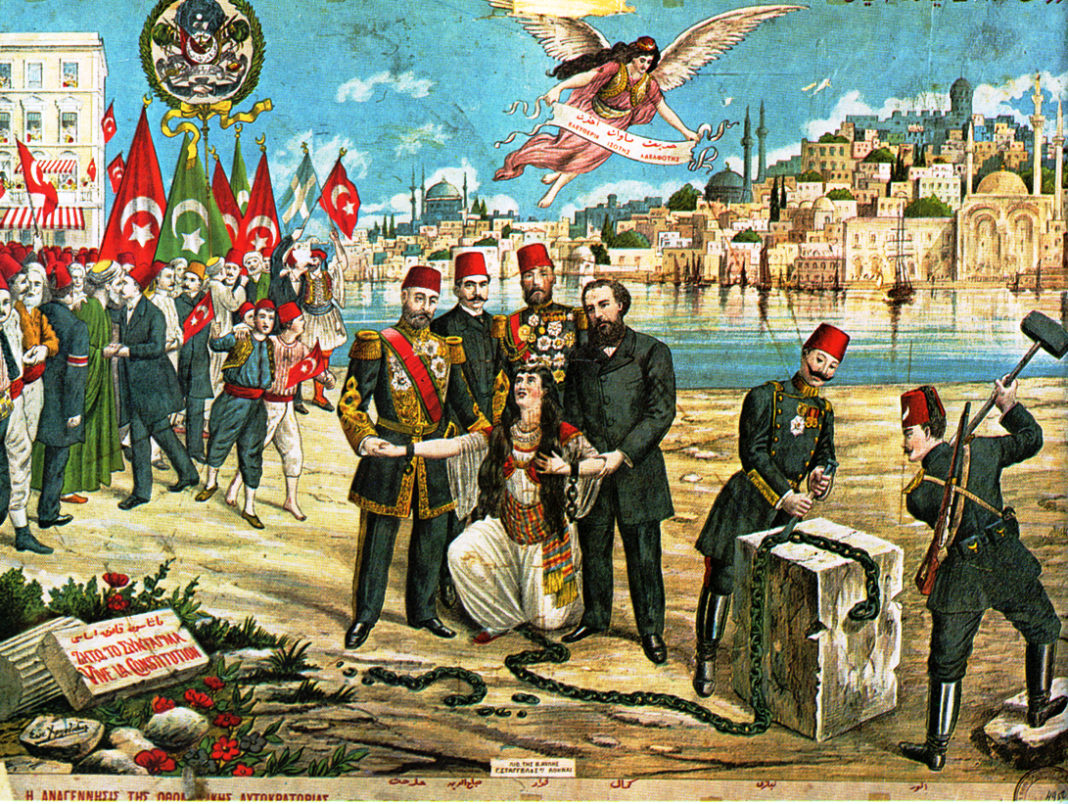Y. DOGAN CETINKAYA, Tijdschrift voor sociale en economische geschiedenis, 2013.
The elimination of the Greek Orthodox population in the Ottoman Empire is seen in Turkish historiography as a solely political project. However, the Na-tional Economy was not only an intellectual and political idea, but also a so-cial phenomenon which had a social base. The mobilisation of different social groups and classes played a significant role in the nationalisation of modern Turkey at the outset of the twentieth century. An analysis of different patterns of social mobilisation and the collective action repertoire used by the anti-Greek movement provides an opportunity to understand the social aspect of the elimi-nation of non-Muslims from the Ottoman Empire. The study of patterns of social mobilisation will provide knowledge on a long-neglected aspect of modern Turkish studies.

